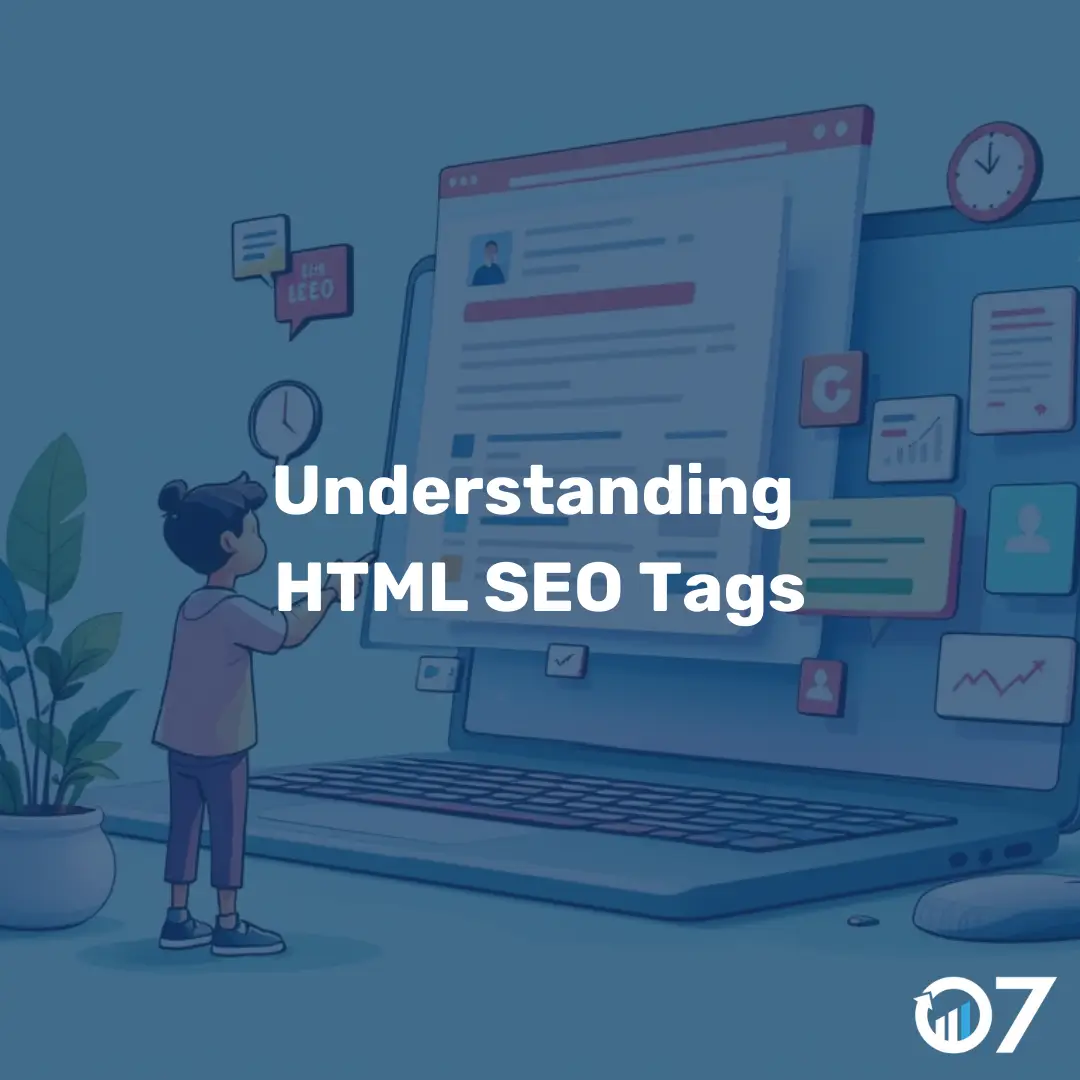HTML SEO Tags Tips can significantly boost your website’s ranking. Ready to learn how? Keep reading to discover actionable insights for your business.
Introduction to HTML SEO Tags
When it comes to SEO, keywords are just one piece of the puzzle. HTML tags play a crucial role in helping your web pages rank higher on search engines. The good news is, you don’t need to be a tech wizard to use HTML tags effectively.
1. Title Tags
The title tag is one of the most important HTML elements for SEO. It appears in the search engine results as the clickable headline. Make sure your title tag is compelling and includes your primary keyword.
2. Meta Descriptions
Meta descriptions provide a brief summary of your page content. While they don’t directly impact rankings, a well-crafted meta description can improve click-through rates. Include your target keywords naturally.
3. Header Tags (H1, H2, H3, etc.)
Header tags help structure your content and make it easier for both users and search engines to understand. Use H1 for your main title and H2 or H3 for subheadings. This not only improves readability but also enhances SEO.
4. Alt Text for Images
Alt text describes the content of images on your website. It’s essential for accessibility and SEO. Include relevant keywords in your alt text to help search engines understand the image context.
5. URL Structure
A clean and descriptive URL structure is vital for SEO. Use hyphens to separate words and include your primary keyword. Avoid using special characters or numbers that don’t add value.
6. Internal Links
Internal linking helps search engines understand the structure of your website. It also keeps visitors engaged by providing easy navigation. Use descriptive anchor text for your internal links.
7. External Links
Linking to high-quality external sources can enhance your content’s credibility. Make sure the external links are relevant and add value to your readers.
8. Schema Markup
Schema markup is a form of microdata that helps search engines interpret your content more effectively. Implementing schema can improve your search visibility and click-through rates.
9. Canonical Tags
Canonical tags help prevent duplicate content issues by specifying the preferred version of a web page. This is crucial for maintaining your site’s SEO health.
Conclusion
Mastering HTML SEO tags can give your website a significant boost in search rankings. By implementing these tips, you’ll enhance your site’s visibility and user experience. For more insights, visit our blog or contact us at info@07hm.co.uk or call us at 01702 410663.





